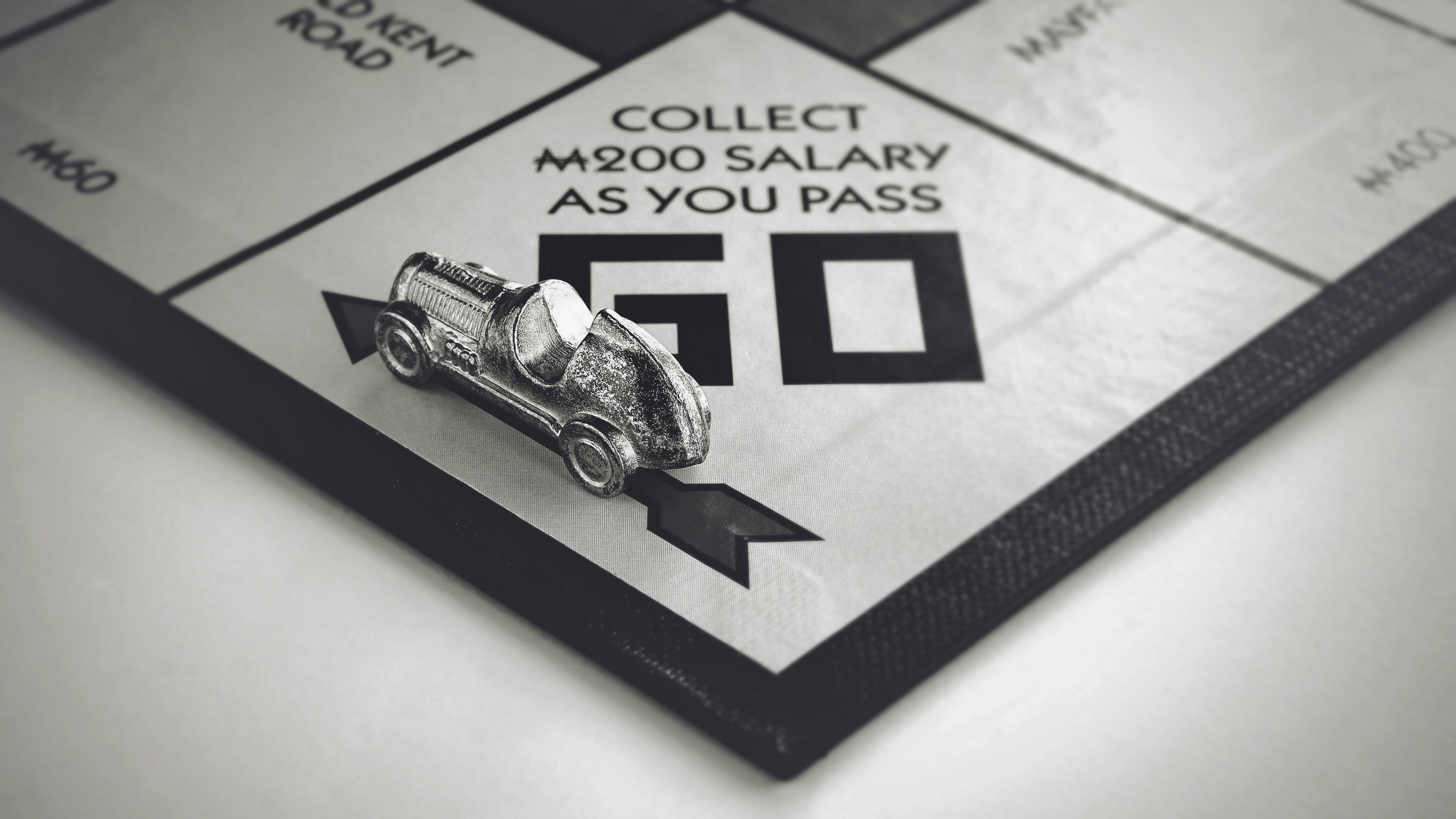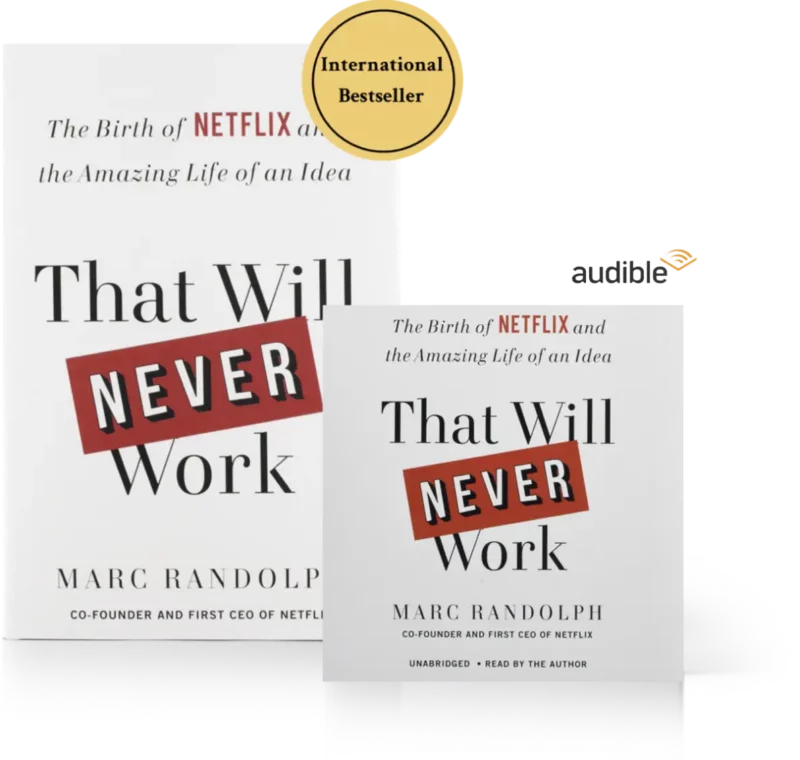Don’t Do It For The Money
Don’t set a goal that you are unlikely to achieve.

It amazes me how often entrepreneurs tell me their number one goal is to be rich. I find this tragic.
First, it’s highly unlikely. It’s rare enough to earn a living at this game, much less accumulate life-changing wealth.
Second, it misses the real reason entrepreneurship is so rewarding: getting to sit around a table with smart people solving interesting problems.
But most tragic of all, their reasons for wanting to be wealthy in the first place are usually misguided.
Let me explain.
I’ve been remarkably fortunate in my business career, and at this point in my life, I can afford most of the things that I want. And yes, luck, privilege, and socioeconomic background account for a lot of that. But there were times in my life when I couldn’t afford a lot of things, and that shaped my definition of what wealth is, even today.
I was never truly poor—not by any serious standards, anyway. I was born into an upper-middle-class family in the suburban US during an economic boom time, which has made everything that came after much, much easier.
But for years, I drove a used International Harvester Scout so plagued by problems that every time I smelled smoke, I thought my car was on fire. My wife and I had a “wish list” posted on the refrigerator of things we’d buy—in order of priority—if we had our heads above water at the end of the month. The first two items on the list were paying off our credit cards and my wife’s student loans.
None of those things are concerns anymore, and that right there is one of the first reasons to want to have money: simply not having to worry about money all the time. It took me years to get to that point; where I had the basics taken care of for myself and my family—food, healthcare, housing, school—and was able to focus on other things instead. It’s security. It’s having options. I sometimes think wealth is as simple as deciding you want to take your family out to dinner and being able to do it without having your financial Jenga tower collapse.
Even today, most people don’t have that level of wealth, but by this definition, it’s more within reach than many would say. You certainly don’t need an IPO or some massive liquidity event to achieve it.
But the bigger misconception about being wealthy says that wealth is about the size of your bank account. It’s not. It’s about how you feel about the size of your bank account. Because whatever target you set for yourself, it’s just human nature to always want more, to constantly be moving the goalposts. Wanting a reliable car soon becomes wanting a reliable plane, and then wanting a reliable yacht.
Numerous studies have shown that there is a “satiation effect” where, beyond a certain point (approximately $75,000), people with more prestigious jobs and more money are no happier in their lives. Beyond that, thinking that something miraculous will happen once you have achieved some landmark economic event simply pushes happiness into the future, where it stays perpetually out of reach.
So once you’ve achieved basic economic security, you need to have some other way of knowing when enough is enough. For me, that’s the concept of “value.” It means constantly asking: What’s important? What are my priorities? What does that next incremental purchase really bring me? Is it frivolous or does it have real utility? And does its price correspond in any way to that utility?
For many years, Bill Gates used to fly economy, not because he couldn’t afford first class, but because he didn’t consider it a good value. It’s five or six times more expensive, but only marginally better (and you all get to your destination at the same time).
In the same vein, I could afford a really nice car at this point, but I’ve never been a car guy, and I don’t need a Lamborghini or a Mazerati (which I can’t even spell). A Volvo station wagon does the job just fine, and I wouldn’t value the difference. I don’t need to drop $1,000 on a bottle of wine at dinner either, since I know I’ll get largely the same enjoyment from a $25 bottle. And it wasn’t until a few months ago that I finally bought myself a watch whose main purpose wasn’t to calculate mile split times or show me my text messages.
So once you’ve achieved security, and if it’s not about having more things, what is wealth good for?
Well, the most important thing I’ve learned about money is that, once you have met your basic needs, you can choose to have less of it in exchange for choosing how to spend your time. And spending your time doing something meaningful to you…that’s worth way more than a Mazerati (sp?).
Don’t miss another word. Sign up here to get these posts in your inbox
RECOMMENDED FOR YOU
What the Freedom & Responsibility Culture Could Mean to Your Company
Podcast Episode 72
Is it a Culture Problem or a Hiring Problem?
October 25, 2022 • 38 min

Thank you. This is beautiful
“… and that right there is one of the first reasons to want to have money: simply not having to worry about money all the time. ” This actually teared me up. Thanks for sharing this.
Great piece! I wish I had the choice like you though 😂.